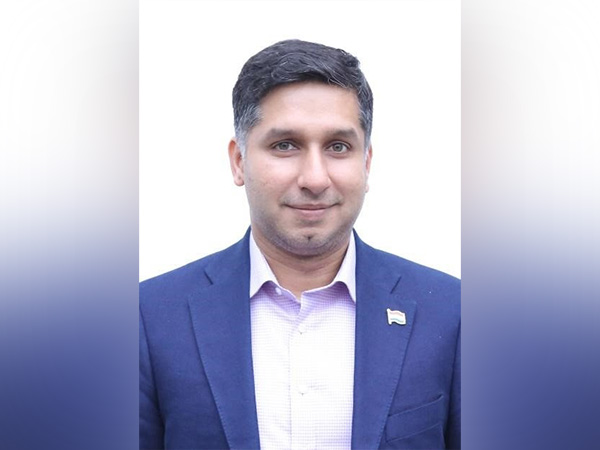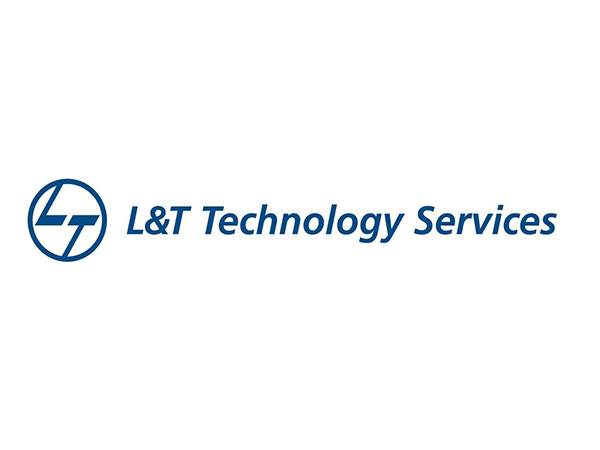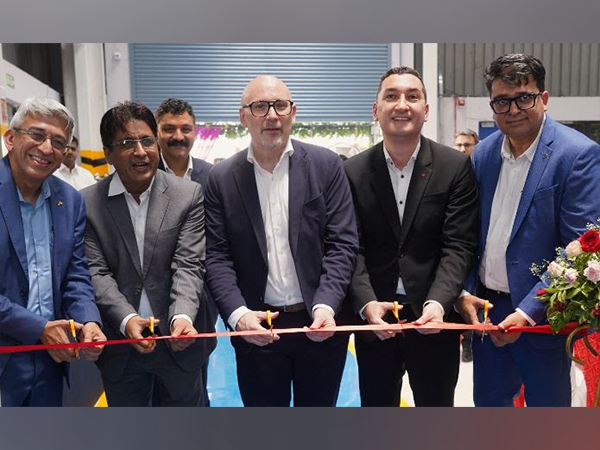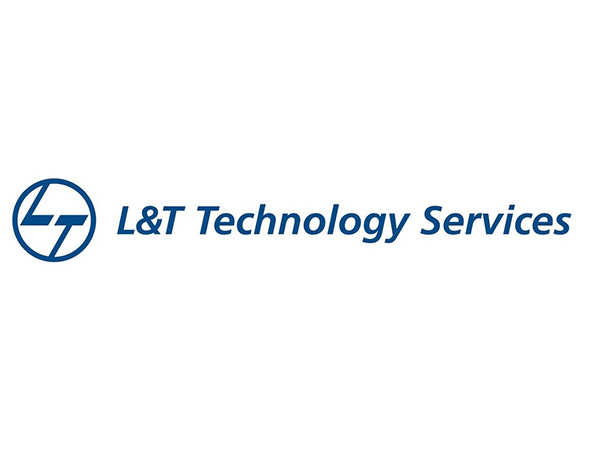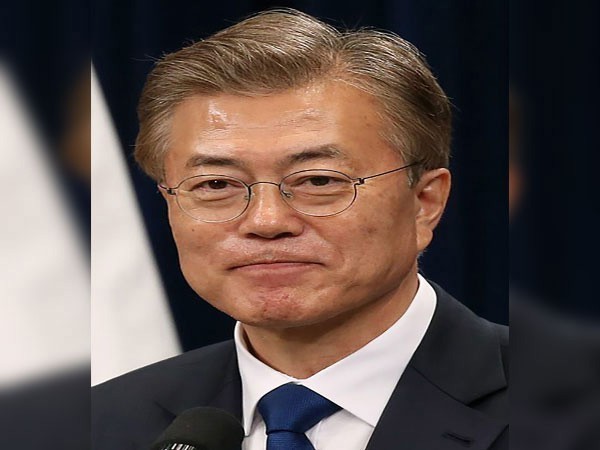
Moon vows S. Korea's global role, responsibility as 'advanced nation'
Jul 06, 2021
Seoul (South Korea), July 6: President Moon Jae-in declared South Korea's commitment Tuesday to playing a global role as an "advanced nation" recognized by the United Nations member states.
He was referring to a decision by the U.N. Conference on Trade and Development (UNCTAD) last week to reclassify South Korea into a group of advanced economies from that of Asian and African states.
"South Korea has become recognized internationally indeed as an advanced country via the unanimous agreement of the U.N. member states," Moon said at the start of a weekly Cabinet meeting.
The United Nation's trade and development agency made the call during the 68th Trade and Development Board meeting held at its headquarters in Geneva.
Now, Moon added, South Korea will keep moving forward to emerge as a "pacesetting" nation, faithfully fulfilling its responsibility and role on the global stage.
The president also noted that the government is proclaiming a new law on compensating small businesses and microenterprises for their losses attributable to business restrictions aimed at curbing the spread of COVID-19.
He said it is very meaningful as an "institutional foundation for systemic compensation."
He also stressed the need for the National Assembly to pass a bill on another batch of supplementary budgets at an early date in order to offer financial support for damage incurred before the legislation is introduced.
The government's expansionary fiscal policy is having the triple effects of raising economic growth, tackling inequality and increasing tax revenues, he said.
"Supplementary budgets will play a major role as well in reviving the economy and people's livelihoods," he added.
On the plan to create a vice ministerial position in charge of energy-related issues at the Ministry of Trade, Industry and Energy, the president said the post would serve as a "control tower" in the country's transition from fossil fuels to renewable ones for the goal of achieving carbon neutrality in 2050.
Source: Yonhap
